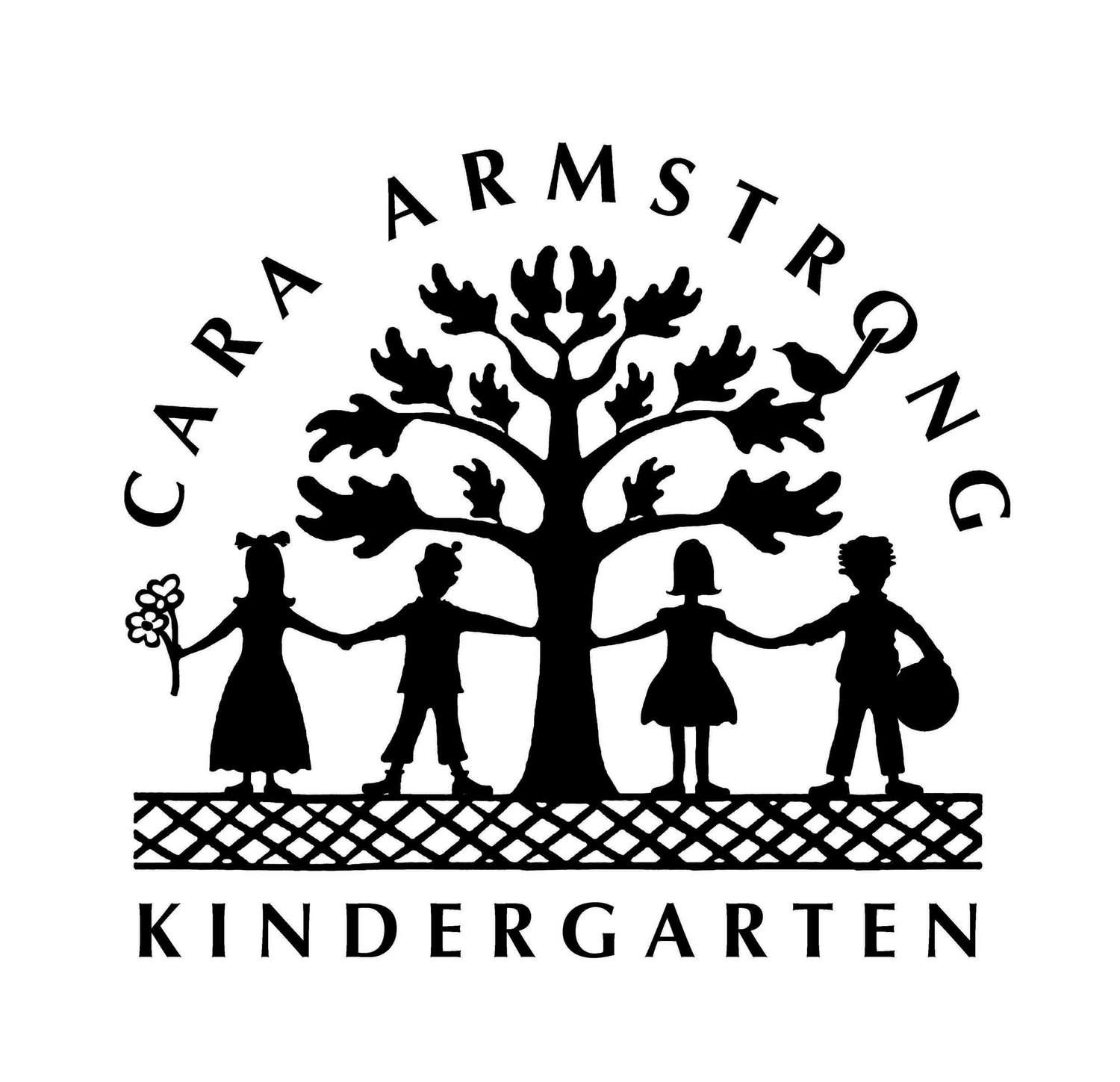Question: How do I enrol?
Answer: Cara ArmstrongKindergarten’s enrolments are managed by the Boroondara Kindergarten Central Enrolments Scheme (BKCES) which operates a central enrolment scheme covering many Hawthorn/Hawthorn East kindergartens.
Applications open on 1 February of the year prior to attendance, and you can apply from when your child turns 2.
Question: Can my child attend 4 year old kinder if they did not attend 3 year old kinder?
Answer: Yes, there are limited 3 year old places in Hawthorn kindergartens due to the way 3 year old kinder is funded. Many children miss out on a 3 year old place. To date, all four year old applicants have received an offer for a four year old place in a Hawthorn Kindergarten.
The Boroondara Council and Maternal Child Health Nurse are sources of information on 3 year old kindergarten alternatives if you have not received a 3 year old offer.
Question: Why are there more 4 year old places than 3 year old places in Boroondara?
Answer: The Dept of Education & Early Childhood Development (DEECD) provides partial funding for 15 hours of four-year-old kindergarten for each enrolled child to encourage kindergartens to provide enough places for all four year olds to attend kindergarten. There is no subsidy provided for three-year-old kindergarten.
Question: Why are the 3 year old program fees more expensive than the four year old programs?
Answer: There is no government funding for 3 year old places. The government provides partial funding for 15 hours of 4 year old kindergarten which allow the kindergarten to reduce fees for these programs.
Question: How does the kindergarten manage anaphylaxis risk?
Answer: Anaphylaxis is a severe, life-threatening allergic reaction and the kindergarten takes the risk of anaphylaxis very seriously. In children, the reactions are most commonly to eggs, peanuts, tree nuts, cow’s milk, bee or other insect stings, and some medications.
Cara Armstrong’s Anaphylaxis Policy is displayed in the kindergarten foyer and a copy will be provided to the parent/carer of each child who has been medically diagnosed as at risk of anaphylaxis.
The aims of this policy are to minimise the risk of children having an anaphylactic reaction whilst at kindergarten, to ensure that appropriate steps are taken should an anaphylactic reaction occur and to raise the community’s awareness of anaphylaxis and its management.
Parents/carers of at risk children should inform staff of their child’s allergies prior to commencement at the kindergarten. Staff will work in collaboration with parents/carers to establish appropriate strategies to minimise the risk of an allergic reaction occurring whilst at kindergarten.
All children are required to wash their hands upon arrival, as well as before meal times. The at-risk child’s parents/carers will be asked to provide a "treat box" or appropriate safe alternatives for the child during parties/celebrations.
Children at risk of anaphylaxis are not permitted to attend the kindergarten without the child’s anaphylaxis medical management plan and epipen.
Question: How does the kinder communicate with parents?
Answer: We support close collaboration and communication between kindergarten and home. The educators are available for informal chats on a daily basis and meetings can be arranged with your child's teacher at any time throughout the year. Educators also regularly email a report about what children have been doing and learning at kinder.
Kinder-wide newsletters are distributed twice a term. The newsletters include information about special events, important dates, updates from the committee.
Program information, messages and reminders are communicated on a notice board and whiteboard in the kindergarten foyers. Each child has a pocket at kindergarten where notices and newsletters are placed.
Questions: How can I get involved in my child's kindergarten?
Answer: There are numerous ways to get involved in your child's kindergarten, and all of them are appreciated! You can join the Committee, you can participate in the social and fundraising events, you can come in to the kinder and share your 'special skill'. Most vitally, the kindergarten relies on all parents completing between one and two "kinder duties" per term. This involves coming along to a session, participating in the activities and providing support and an extra pair of hands for the kindergarten staff.


